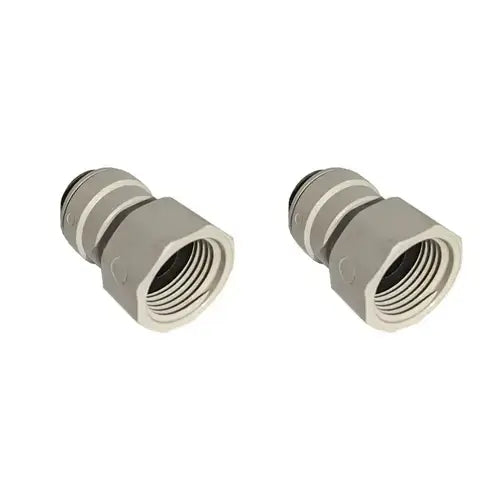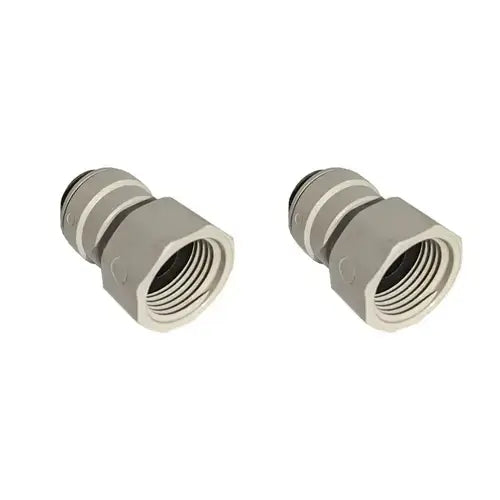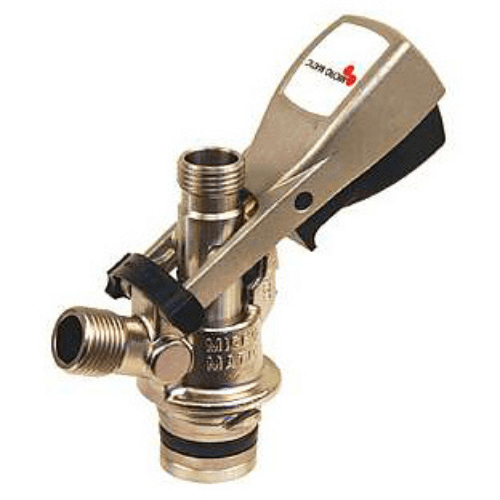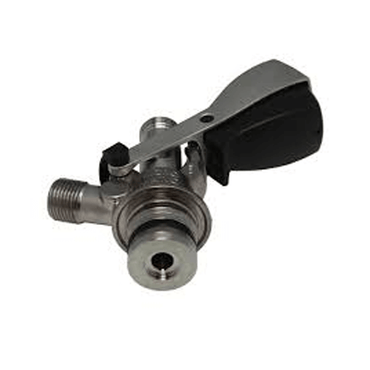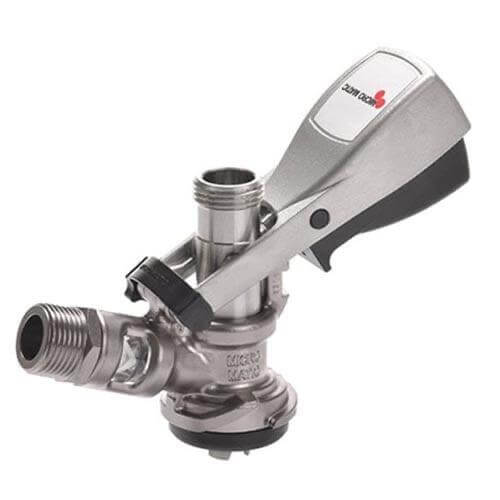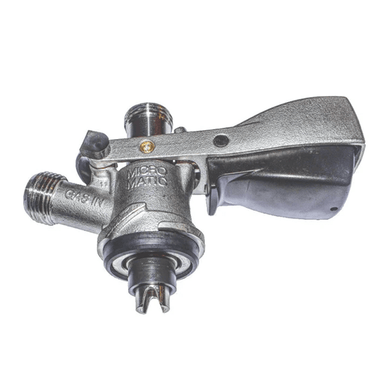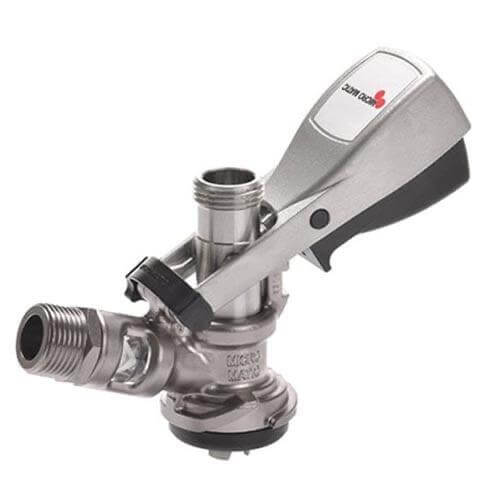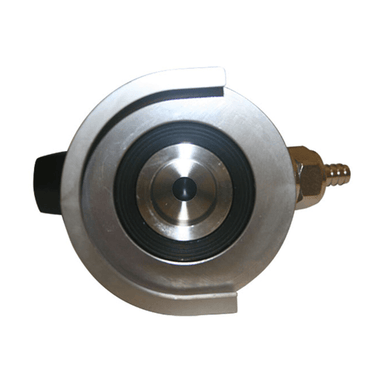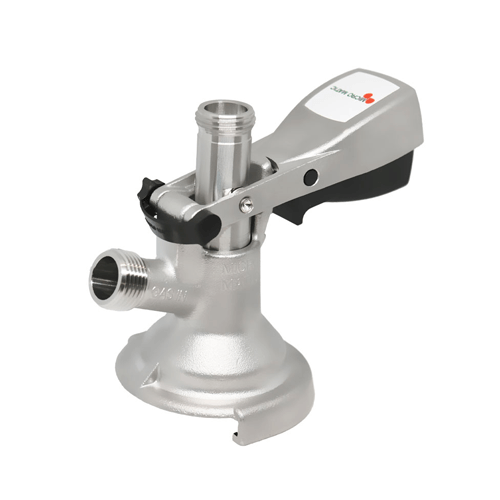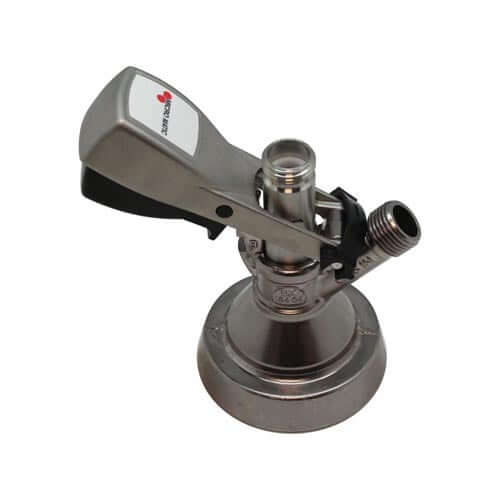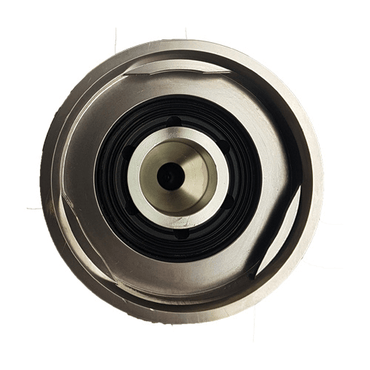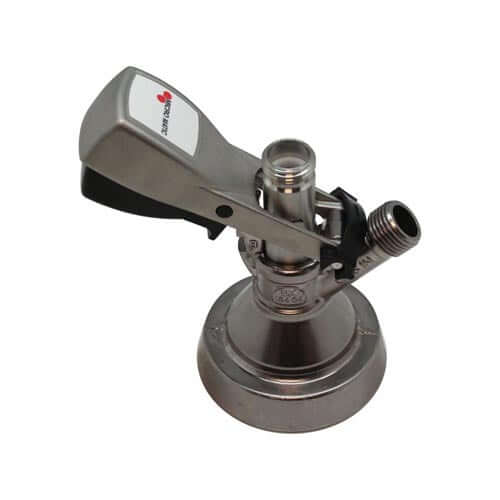Why Does My Beer Foam? 10 Causes & Easy Fixes for Home Bars (2025)
Nothing ruins a perfect pint like a glass full of foam. If your home bar pours are inconsistent, wild or overly frothy, you’re not alone — fobbing is the most common issue home users face.
This guide explains the 10 most common causes of foamy beer and shows you exactly how to fix each one.
1. Warm Beer or Warm Beer Lines
The #1 cause of foam. When beer warms up, CO₂ escapes rapidly, creating bubbles before the tap.
How to fix it:
- Use a proper beer cooler (e.g. Pygmy 25, CWP 100)
- Insulate lines if they run through warm spaces
- Purge the first warm pint after long gaps
2. Over-Carbonation (Often from Warm Kegs)
Warm beer absorbs CO₂ quickly. Once over-carbonated, it explodes into foam as soon as it reaches the tap.
Fix:
- Reduce gas pressure
- Use 60/40 if kegs are ambient
- Chill kegs if using 100% CO₂
3. Incorrect Gas Type
Using the wrong gas for the wrong beer changes carbonation levels and can increase foaming.
Correct gas:
- Lagers & ciders → CO₂
- Smooth ales → 60/40
- Guinness/stouts → 70/30 + stout tap
4. Incorrect Gas Pressure
Pressure too high = foam. Pressure too low = flat, spluttering beer.
Typical settings:
- Chilled lagers: 10–12 PSI
- Warm kegs: 4–6 PSI
- 70/30 stout systems: 25–30 PSI
5. Dirty Beer Lines
Dirty lines create rough surfaces that trap bubbles and trigger fobbing.
Fix:
- Clean beer lines every 1–2 weeks
- Use a cleaning bottle and proper solution
6. Blocked or Dirty Keg Coupler
Old or sticky couplers restrict flow and cause turbulence — a major source of foam.
Fix:
- Soak coupler every few weeks
- Replace seals if worn
7. Long or Poorly Routed Beer Lines
Long lines warm up, create resistance and disturb flow, which causes foam.
Fix:
- Keep beer lines as short and straight as possible
- Insulate warm sections
8. Wrong Tap Type
Standard taps can’t serve everything. Guinness needs a stout faucet, and some ales pour better with flow control.
Fix:
- Use stout tap for nitro beers
- Use flow control taps for variable pressure
9. Frozen Beer Lines or Ice in Cooler
Beer that gets too cold expands and foams violently when it warms at the tap.
Fix:
- Increase cooler temperature slightly
- Check glycol or water reservoir levels
10. Faulty or Aging Cooler
If the cooler isn’t chilling properly, beer exits warmer and foams.
Fix:
- Check vents and airflow
- Top up reservoirs
- Service or upgrade older units
FAQ: Why Beer Foams at Home
Why is the first pint always foamy?
The beer trapped in warm lines heats up between pours. Pouring it cools the system again.
Why is my beer flat after the foam settles?
Over-carbonation causes CO₂ to erupt as foam, leaving the remaining beer flat.
Can I fix foam without changing gas?
Sometimes — but if kegs are warm, gas choice only slows the problem. Temperature is still the root cause.
